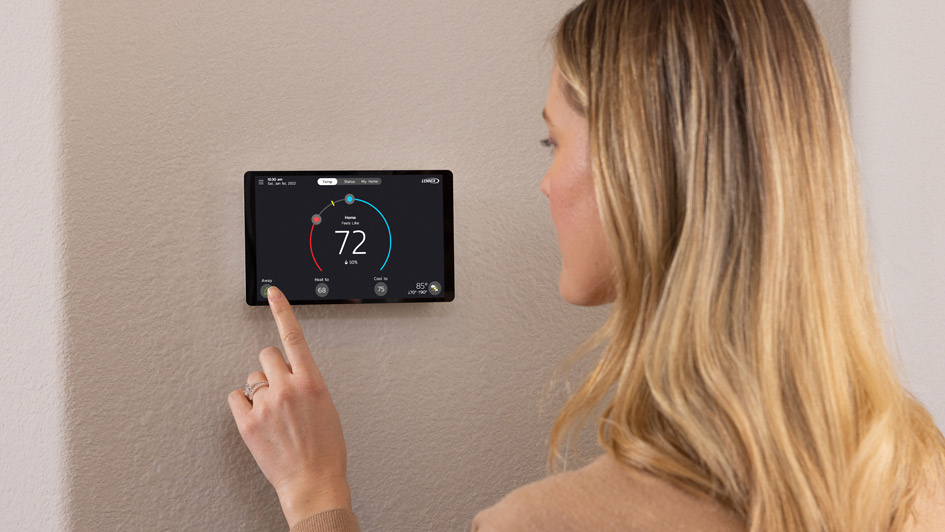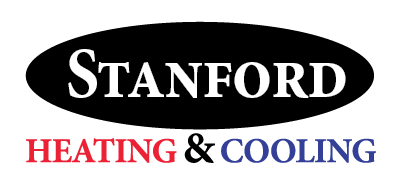
As we get closer to Earth Day, it's a great opportunity to start planning how you can make your homes how you can work towards a more sustainable home. You’ll be impressed by the variety, and having so many potential solutions ensures there’s one that matches your budget. Adopting greener HVAC solutions not only benefits the environment but also contributes to bigger savings and a more sustainable lifestyle.
1. Schedule a home energy audit
One of the first steps towards an eco-friendly HVAC system is to book a professional home energy audit. During the audit, local HVAC experts examine your home's energy usage and note any inefficiencies. They’ll take what they find and discuss things with you before offering opinionso on the best improvements. This detailed evaluation helps you understand precisely where energy is wasted and how any recommended improvements can bring lasting benefits.
2. Update Your Home's Insulation
Proper insulation is a vital, if surprisingly underrated option for total comfort while also optimizing energy use. Insulation strengthens your home’s temperature barrier, working to stop heat loss in the winter and keeping cool air indoors during the summer.
Surprisingly, most homes don’t have enough insulation. Incorporating additional insulation to attics, walls, floors and basements is the usual strategy. Using high-quality insulation materials such as fiberglass, spray foam or cellulose can greatly improve energy efficiency for lower heating and cooling costs.
3. Ductwork Sealing and Insulation Stops Energy Waste
A leak in your home’s ductwork is an often overlooked source of energy loss that lower HVAC system efficiency, regardless of high-efficiency equipment. To mitigate these losses and prevent any more wasted energy, homeowners should have a technician examine ductwork for leaks and seal any gaps or cracks as securely as possible.
If that wasn’t good enough, insulating the ductwork around unfinished spaces such as attics or crawl spaces minimizes heat transfer into them. Sealing off these inefficient parts of your home is a great example of how a little effort can go a long way.
Trying a Smart Thermostat
Investing in a programmable thermostat, and particularly a smart thermostat, allows homeowners to personalize their heating and cooling schedules based on their daily routines and preferences. By automatically adjusting these temperature settings in response to your usage habits, these thermostats improve energy costs and cut down on waste. Smart thermostats also provide benefits like remote access via mobile devices, or providing helpful notifications for things like maintenance.
5. Stay on Top of Routine HVAC Maintenance
In fact, regular HVAC maintenance is an essential investment you can make for optimal system performance and energy efficiency. Homeowners should schedule routine tune-ups with local professionals, who can carry out inspections, filter changes, and other tasks to make sure their HVAC systems run smoothly.
By tackling repair issues right away and keeping internal clean,we can help protect your HVAC system and may even prolong its life span.
6. Leverage Zoning Systems and Fan Settings for Enhanced Ventilation
Zoning systems and fan settings provide homeowners greater control over their HVAC systems and indoor air quality. Zoning separates different areas of the home to be heated or cooled independently, maximizing comfort and energy usage. Meanwhile, even adjusting fan settings can help maintain consistent temperatures in your home while reducing the strain on the HVAC system.
7. Consider Upgrading to a New, High-Efficiency HVAC System
For homeowners ready to take the next step, installing a new, high-efficiency HVAC system is an excellent option. The newest HVAC systems feature variable-speed motors, heat pump technology, and other innovations to offer superior performance while using less energy.
Stanford Heating & Cooling Can Help Your Home Be More Sustainable
Looking to turn your home into an eco-friendly haven? Contact Stanford Heating & Cooling at 812-825-8695 to schedule a free consultation for eco-friendly home upgrades.
By implementing these HVAC tips, you can not only reduce your environmental impact but also enjoy a more comfortable and more efficient home. We’re proud to make the most of this year’s Earth Day creating a greener future, one household at a time.

